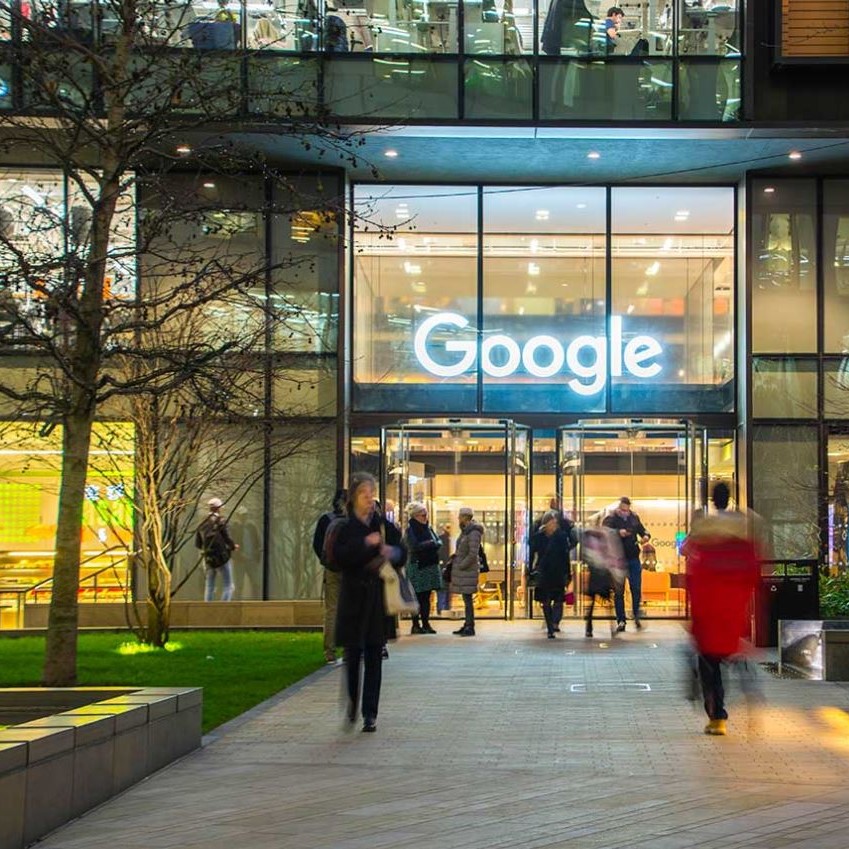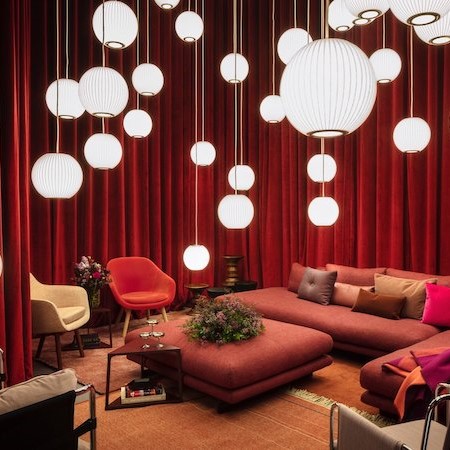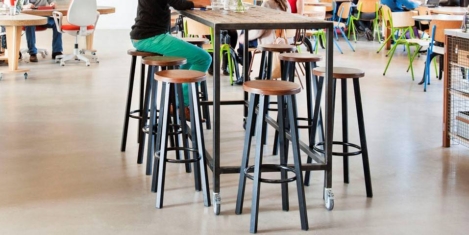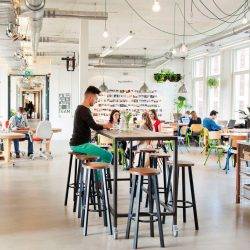To provide the best experiences, we use technologies like cookies to store and/or access device information. Consenting to these technologies will allow us to process data such as browsing behaviour or unique IDs on this site. Not consenting or withdrawing consent, may adversely affect certain features and functions.
The technical storage or access is strictly necessary for the legitimate purpose of enabling the use of a specific service explicitly requested by the subscriber or user, or for the sole purpose of carrying out the transmission of a communication over an electronic communications network.
The technical storage or access is necessary for the legitimate purpose of storing preferences that are not requested by the subscriber or user.
The technical storage or access that is used exclusively for statistical purposes.
The technical storage or access that is used exclusively for anonymous statistical purposes. Without a subpoena, voluntary compliance on the part of your Internet Service Provider, or additional records from a third party, information stored or retrieved for this purpose alone cannot usually be used to identify you.
The technical storage or access is required to create user profiles to send advertising, or to track the user on a website or across several websites for similar marketing purposes.
 Universum Global has launched the findings for the UK portion of its annual Global Talent Survey (registration) which claims that Google is the UK’s most attractive company to work for by graduates for the seventh consecutive year. Universum studied 39,500 students from 97 British Universities to understand the career aspirations, goals and workplace requirements for graduates.
Universum Global has launched the findings for the UK portion of its annual Global Talent Survey (registration) which claims that Google is the UK’s most attractive company to work for by graduates for the seventh consecutive year. Universum studied 39,500 students from 97 British Universities to understand the career aspirations, goals and workplace requirements for graduates.


















 A significant proportion of the global population is concerned about the use of artificial intelligence (AI), with scepticism about its use by business greater than its use by government, a poll published by the
A significant proportion of the global population is concerned about the use of artificial intelligence (AI), with scepticism about its use by business greater than its use by government, a poll published by the
 According to
According to 
 The use of technology to support communication and collaborative working in an increasingly digital and flexible world is something many of us recognise. However, a global study released today by
The use of technology to support communication and collaborative working in an increasingly digital and flexible world is something many of us recognise. However, a global study released today by 









July 3, 2019
Getting a sense of productivity and motivation
by Jeff Revoy • Comment, Technology, Wellbeing, Workplace design